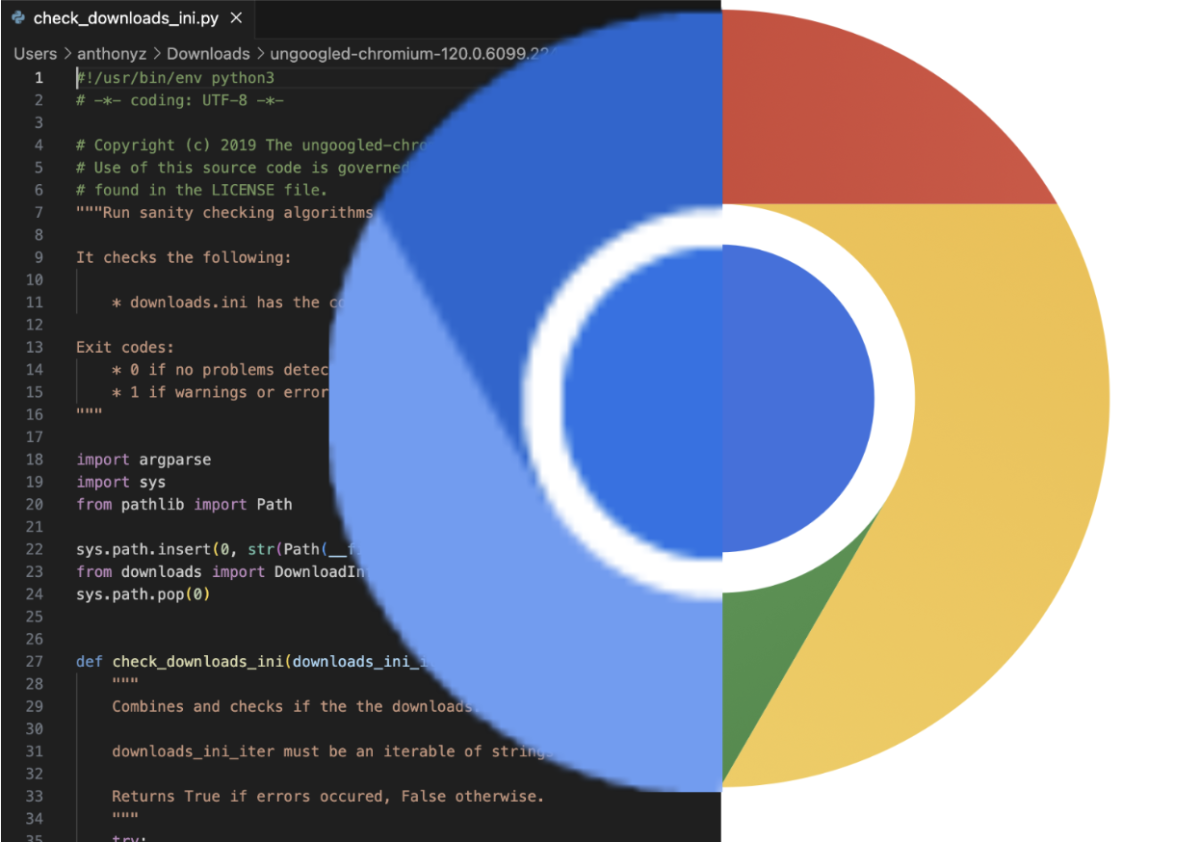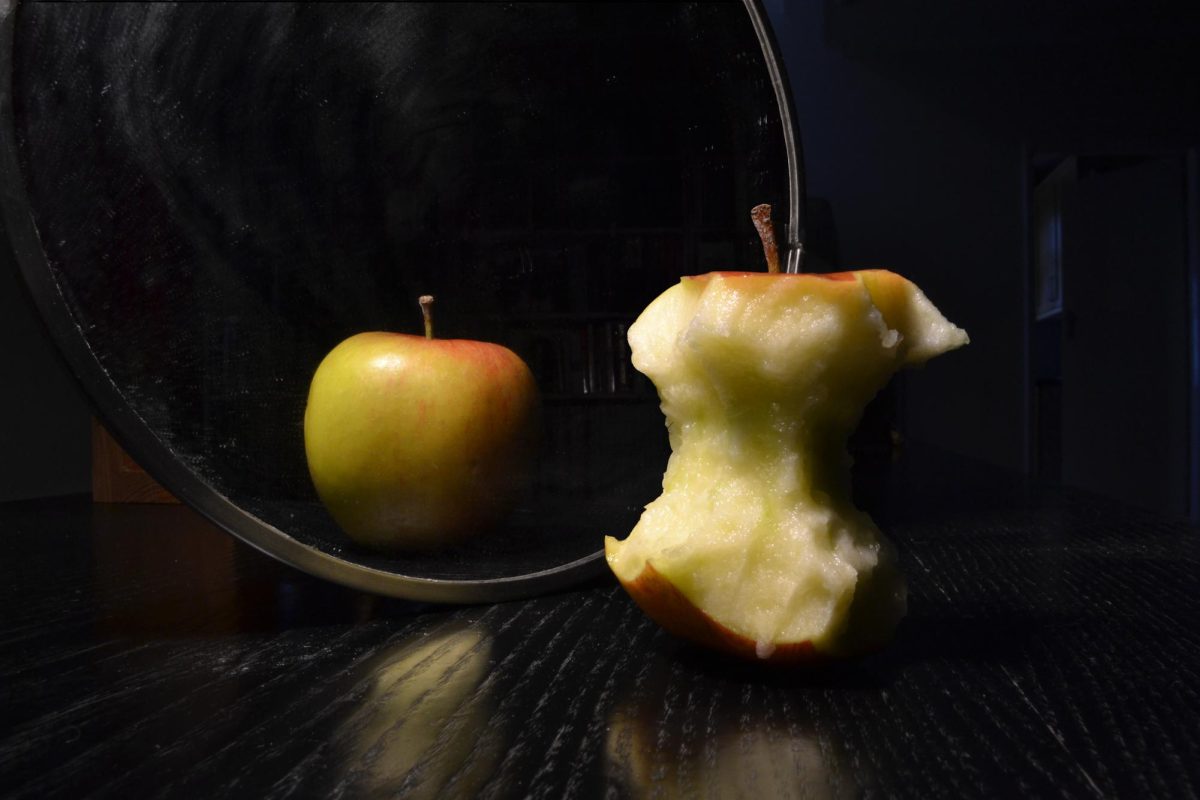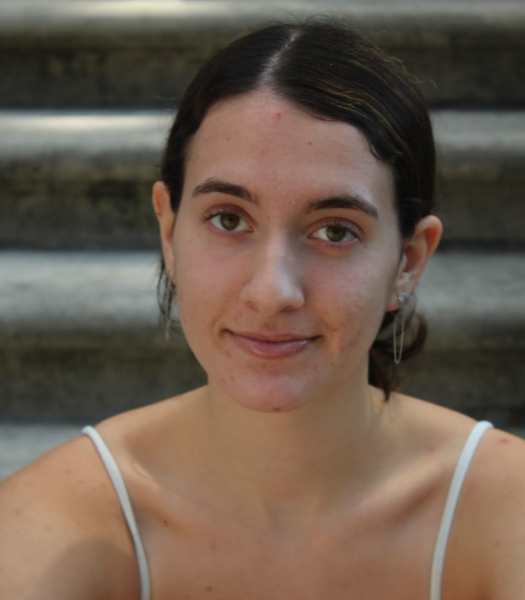Dear future seniors,
With summer just around the corner, the atmosphere is alive with excitement and the joy of summer break. However, as you embark on your last high school summer, we, your class of 2024, embark on the summer before college.
With us about to start a new chapter full of new experiences and knowledge, we wanted to take the time to impart some of our greatest tips, tricks, and pieces of wisdom to help you through your senior year.
Summer:
Elektra (E): First thing. Take a break. Take one week off from school, college, or anything related to academics. Then, start a plan for your summer which includes academics, internships, summer opportunities, leisure, and college.
As someone taking English, Psychology and History at the higher level and Biology, Spanish and Math Applications and Interpretations at the standard level, there are a few key things to get done over your summer. First, your Extended Essay (EE) draft. Sit down for a couple of days and write it out. Don’t worry if the draft is too long–my initial word count was over 9,000 words. Spend some time cutting down, so your sponsor isn’t burdened with a “War and Peace” style essay.
Secondly, do all your academic homework. Get this work done quickly because these assignments tend to be low-depth and easy. Once that and your EE are done, focus on enjoying the summer, spending some time getting work and volunteer experience, but also resting. With a humanities interest, internships can look like working with nonprofits and embassy work.
When August comes around, I recommend checking the Common App and reading your college of interest’s past and current questions. While you do not need full answers yet, have them in the back of your mind to jot down notes of inspiration you may get. I left the personal statement until October because it is supposed to reflect the “you” of the moment; however, I also began thinking about how I wanted to portray myself in those 650 words.
Isabella (I): I took all of June and July off to relax and recover, go on vacation and enjoy summer. The IB is a rigorous and stressful program, so it’s unrealistic to expect to be able to work at that caliber even throughout the summer months.
In June, I had an internship in Milan at a neurological institute. Internships and summer opportunities that reflect your academic interests are fascinating–I was in the operating room for brain surgery–but also present well on college applications, especially if you are applying in the UK.
In July, I just rested. I spent time with my family and tried to distance myself from the IB as much as possible. Taking breaks is something of a double-edged sword, as it can be difficult to return to the IB mentality, but I’ve always found the benefits outweigh the inconvenience.
August, unfortunately, was the month I returned to all my schoolwork. As Elektra said, you’re going to have a mix of big assessments, like IA’s and the EE, classwork, and small assessments, like taking notes for bio and chemistry, as well as college applications. For Ms. Tudge and Ms. Joos, please submit your autobiography on Cialfo. It’s a lot more writing than I initially expected, but it’s good to start thinking about all these things early. College is neither an easy process nor an easy decision, so make it easy on yourself by getting a head start.
College:
E: College is rough. Early Action and Decision months are painful because you may get attached to a school or convince yourself you got in. I recommend staying off social media and talking about it with close friends. College does not have to be a hush operation nobody hears about, but it should remain relatively quiet. I had three to five people I felt comfortable discussing my applications with, which was helpful during the good and the bad.
When it comes to regular decisions being released, it’s normally over spring break, which is nice. When you receive waitlists, acceptances and rejections, do not take them personally or as a reflection of your identity. That may sound simple, but it isn’t. You put yourself in your application–a college rejection seems personal. However, if a college does not think you are the right person, you most likely aren’t. Some other schools will think that you are.
A lot of schools I ended up getting waitlisted from or rejected were schools had come to realize I would not have been happy at. Don’t get the “Instagram trigger finger” and feel the need to post. Take your time. College is both a very individual and collective process. Celebrate others committing, but don’t feel as though you have to if you are not ready.
I: I didn’t enjoy the college process. It was stressful, tiring and time-consuming. And then, as someone more interested in the sciences, I didn’t feel as prepared as I wanted to be to write all of the essays, personal statements and supplementals.
I appreciated the UCAS application system because you just have to write one personal statement and you’re done. In my opinion, it’s also a much easier essay to write because it focuses on how you have explored your academic interests throughout high school, inside and outside of the classroom. The IB program is a huge bonus for this essay because you can talk about your IAs, EE and CAS activities.
The only drawback of applying to schools in the UK is that you’ll likely receive a conditional offer. There are certain schools that accepted students unconditionally this year but it was unexpected and outside the norm. The drawback of conditional offers is that you have to study for IB exams. Most offers aren’t unachievable and WIS prepares you very well, but it is not fun to spend sunny days in April and May studying the entire day. Don’t let this deter you from applying to schools in the UK–I still think they’re fabulous even as I study so much that writing this article is my study ‘break’ of the day–but keep this in mind.
For Canadian applications, I can only speak to the University of Toronto’s system, but there are no essays involved, which is a blessing during senior fall.
You have to come to expect rejection during the college process. This advice is not meant to be harsh; it is the reality of applying to college in an increasingly competitive education system. It took me a couple of days to recover from the big rounds of college decisions–I didn’t burst into tears, but I didn’t feel fabulous either. Be grateful that most of these announcements line up with winter or spring break because it helps to take some time to yourself.
College isn’t the end all be all. You are going to be fine. You are going to be more than fine. The WIS bubble offers a distorted view of what your future should look like, but the choice is yours and there are so many good choices out there.
Social:
E: In your senior year, nurture your friendships. This is your last year together, which maybe for some people you’re thinking ‘Thank God’ but for others, you will miss. We both went out a lot more in our senior year, spoke to people we never had before, and put ourselves out there. I realized I missed out on getting to know a lot of people better, and wished I had been more outgoing socially earlier. We highly recommend it and have zero regrets.
At the same time, people you have been friends with for years are friendships you will carry on past high school. Take care of them during your senior year. Celebrate accomplishments together and study for mocks together. You are not alone during senior year – most likely someone else you may not have spoken to is going through the same thing. Don’t be scared of reaching out – it’s how you build your class community and spirit. I also always FaceTimed my long-distance friends once a week and prioritized staying in touch with my friends, even if that meant studying on FaceTime. You still have that connection.
I: Senior year is your last year of high school and I don’t think the enormity of that will hit you until you’re walking across the stage at graduation. Go all out for senior traditions, go to sports games–and not just boys’ soccer–and appreciate the time you have with your grade.
Senior year is also stressful. WIS is a small school but it is okay to put some distance between you and someone who, for whatever reason, you don’t want to be around. The college process adds to the stress of senior year, so remember that everyone is on their own journey, as corny as that is. It’s a very real possibility that you get rejected from your dream school and one of your friends gets in, and that is a hard situation to navigate. It’s more than just being happy for them–which I hope you would be. It’s also about understanding how to not take rejection too personally.
Once you’ve made it through senior year–and you will trust me–there’s summer and for a lot of WIS students that means Eurotrip. Class of 2023 Alum Maia Nehme, one of our previous managing editors, recommended planning this trip over winter break. Please listen to her advice. You don’t want to have anything added to your to-do list during the second semester of senior year. Future you will thank you.
IB Advice:
E: When it comes to the IB, the biggest thing is organization. Do your assignments on time without falling behind. Reach out to your teachers for support. Turn in the Internal Assessments by the deadline – it’s for your benefit, not the teacher’s. Study well for mocks and your IB exams. Figure out strategies that work for you. Do CAS as early as possible, and make sure you prioritize larger assignments over smaller ones. Sometimes it comes down to prioritizing, and you have to learn to make those decisions for yourself.
As a fall sports varsity athlete, the schedule was to practice 4x a week, with games and competitions occurring 2 to 3 times a week. After getting home, it is crucial to work on the biggest assignments and plan out all the rest of them. While the grind is real, you must also take care of yourself. If you hit max burnout, you will not be able to study. Prioritize sleep, rest, and movement, whether it’s the gym, a walk, yoga, or anything that you can do to make sure you keep yourself healthy.
For exams and mocks, with essay-based courses, you have to write and plan a lot. Take the five minutes of reading time to read and calm yourself. Spend five minutes minimum outlining your essay. Then, write. Keep an eye on time but make sure you are writing legibly and not panicking. Lastly, make sure to ice your hand or do anything to prevent it from insane cramping and swelling (yes, that does happen after mocks and exams).
I: Mr. Buck gave me I think the best piece of advice anyone’s given me for academics, and it was that if I fall behind on schoolwork or my too-ambitious study schedule, to just move on to the next thing. Don’t get bogged down trying to catch up or redo work, especially if it’s not worth your time. It’s simple enough but it’s genuinely the only reason I have felt okay while studying for exams. Not every piece of work you produce will be your best and you need to respect that. Prioritize what matters.
Now, for some practical advice. For anyone taking math, reading the packets is really useful. Yes, it’s math and not English class, but take it from me and Henri Greamo, reading the packets makes a world of difference. IB math is about being able to apply what you learned to other scenarios so understanding the basis of the math rather than how to solve questions is going to help you score higher marks.
Chemistry and biology are pretty content-heavy classes. As someone who tried to relearn all of IB chemistry the day before my mock exam, it’s doable but not fun. Take detailed and organized notes and work on lots of practice questions to get used to the style of questions IB may ask. I know the sciences are using a new syllabus for y’all, so use a mix of prediction practice questions from IB help websites and some old ones because the syllabus content should roughly be similar.
Finally, don’t let burnout become a way of life in the IB. Take breaks. You can’t produce your best work if you are tired, groggy, and cranky from burnout.
Cherish the Moment:
The last thing we want to say. We both wrote down an episode title for every day of senior year, just to encapsulate the day or a cute memory. The year went by even faster than we could have imagined. From homecoming to our PVAC finals, to winter break, to IB exams.
All of it passes in the blink of an eye. As Ms. Gannon said, “When remembering your senior year, you won’t remember just the exams [we disagree–IB exams are very memorable]. You’re going to remember the memories you made with your friends, going out, having fun.” So this is our final piece of advice.
Yes, study and work hard. Manage your time. Utilize your summer, meet with your teachers and submit assignments by the IB deadline. Take your IA drafts seriously. But remember that senior year is more than that. You won’t understand what we mean exactly until you are in our shoes, but please, enjoy your last year. Even in its most difficult and stressful moments, there will be something worth cherishing. Most importantly, you can always reach out for support – either to past WIS students or to your teachers.
Best of luck and reach out whenever you need more advice,
Isabella and Elektra
By Isabella Duchovny and Elektra Gea-Sereti








































































